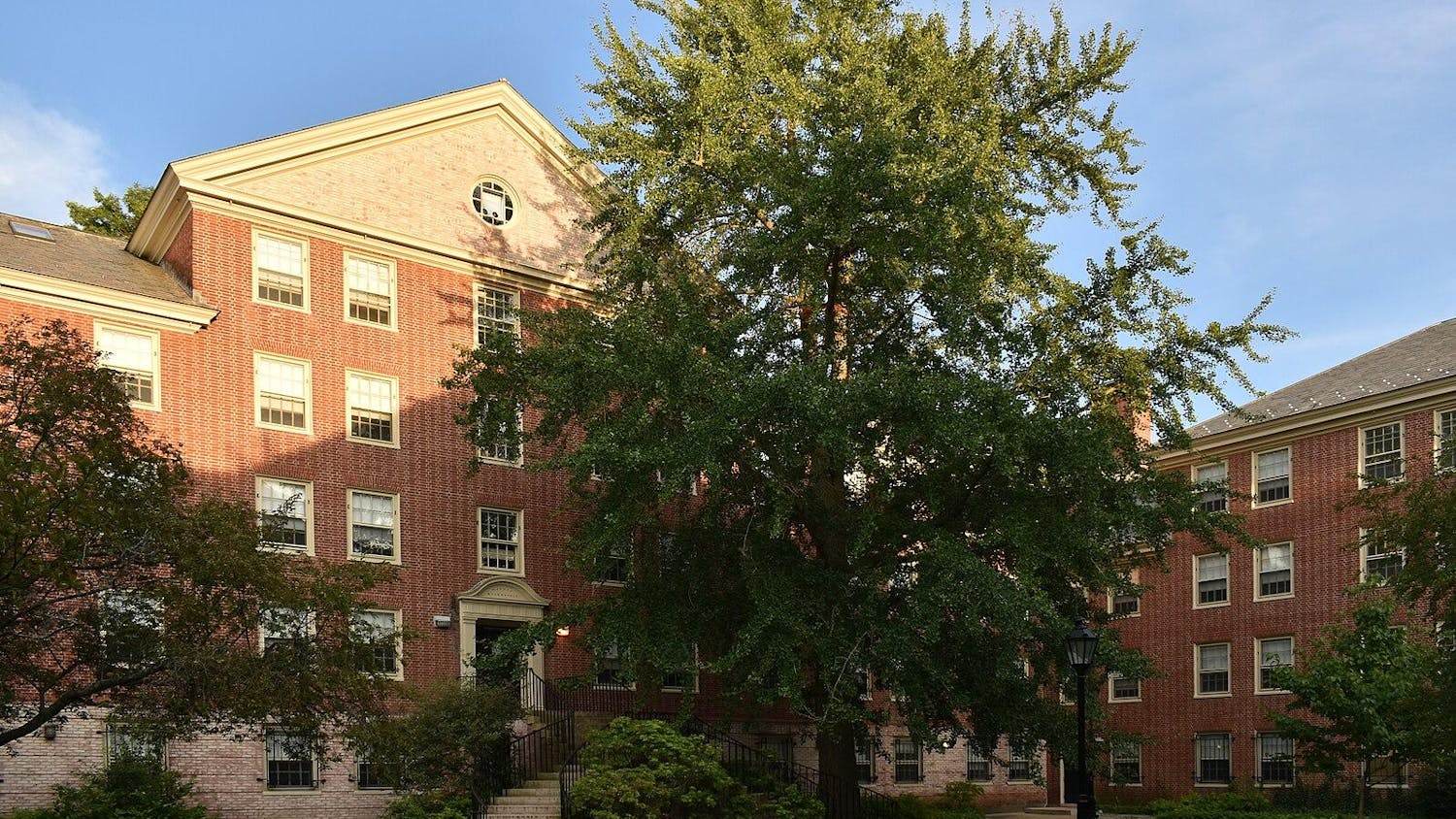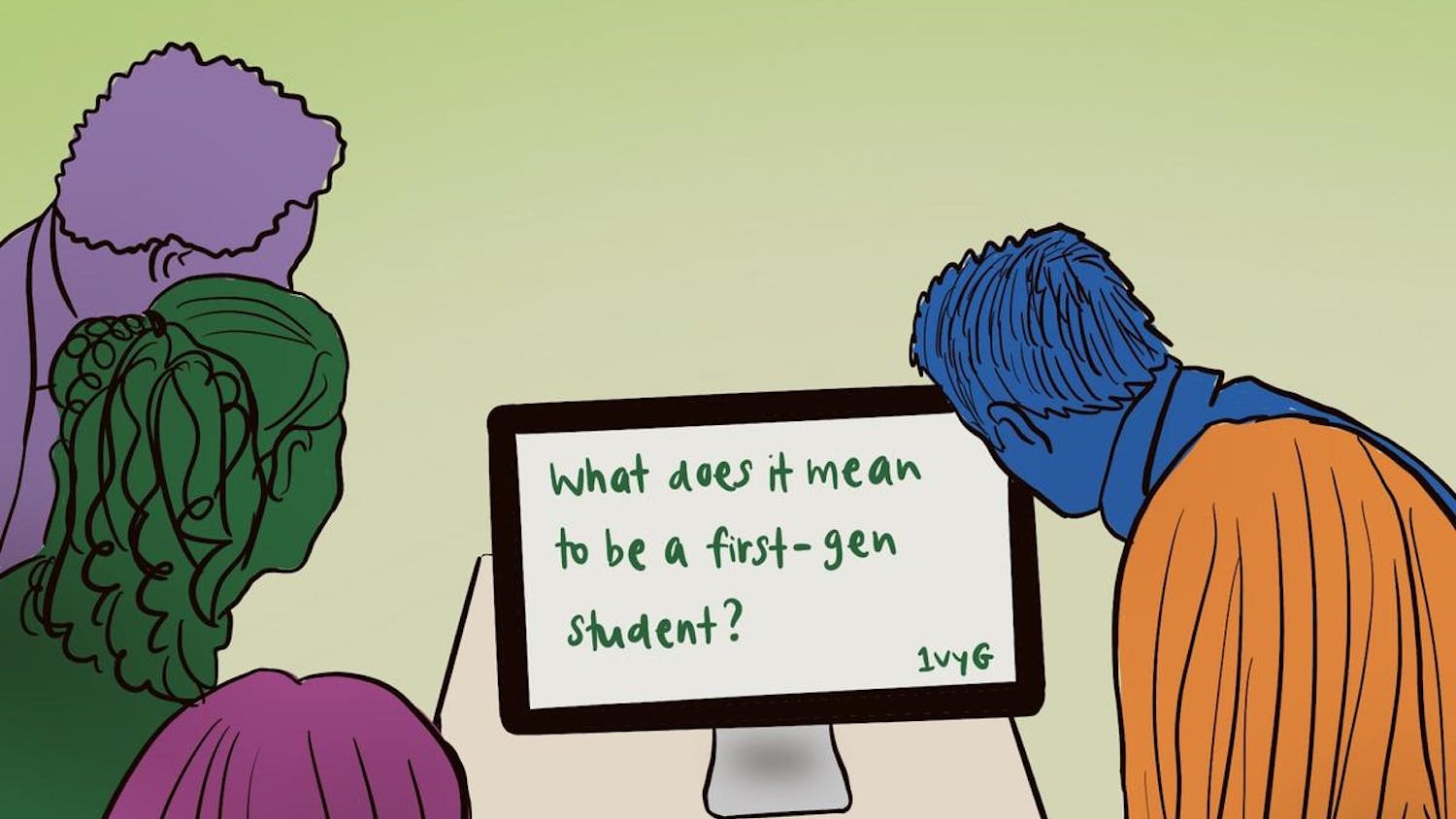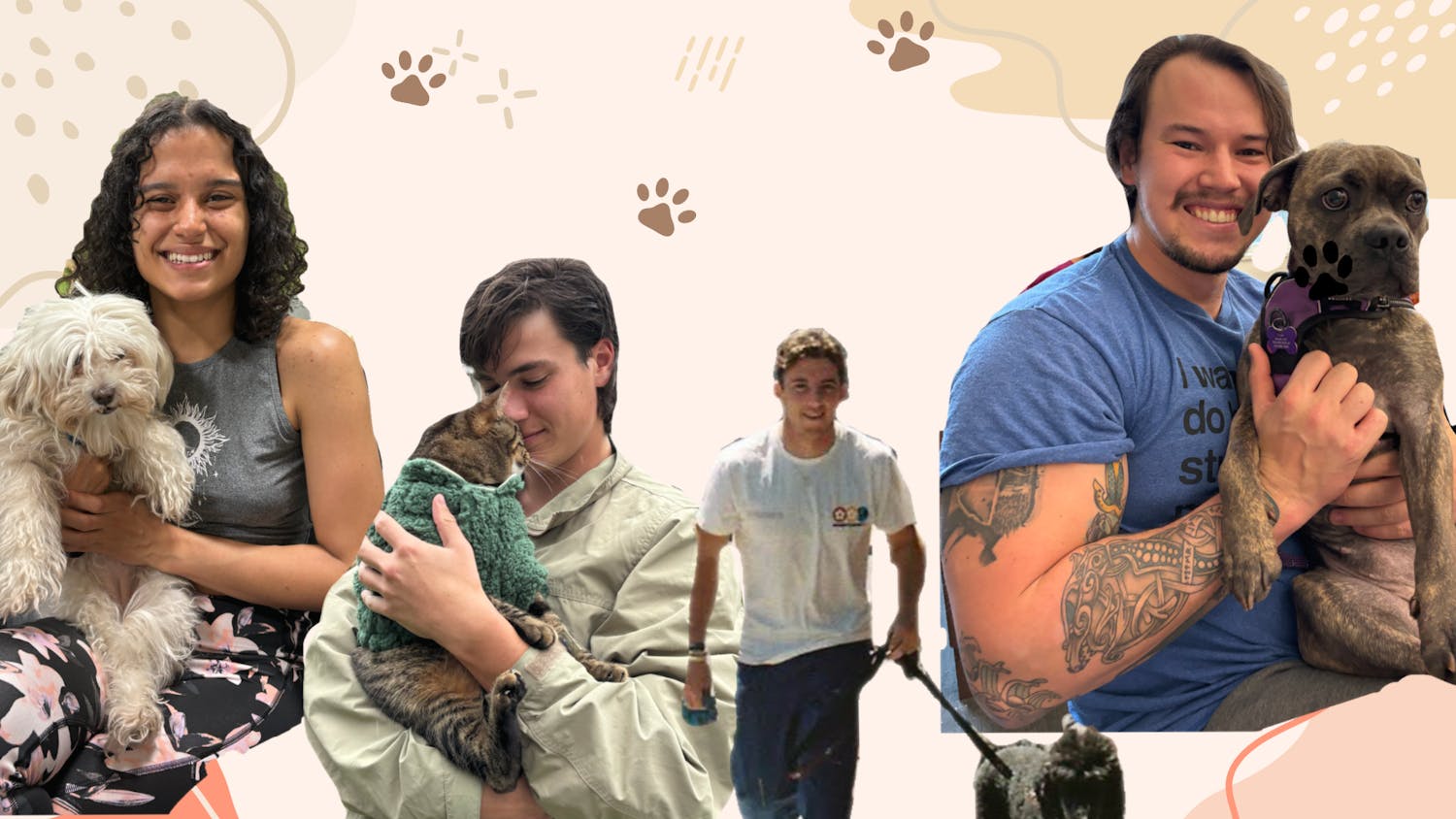Students who enjoy casually talking about class issues with their classmates socially have an opportunity to do so formally through Social Classmates. The workshop, sponsored by Third World Center, kicked off its third semester of discussion last month.
Social Classmates seeks to increase interactions between students of different social class identities, to make social class dialogue "more comfortable to talk about" and to reach out to those not involved in the workshop, said Clay Thibodeaux '12, the workshop's co-founder. "We want the people who have gone through this to start dialogues with friends, with people who haven't really thought about social class identity," he said.
Donna Leong '13 said she was inspired to join Social Classmates after attending a social class workshop held by the Minority Peer Counselors. "It's a part of identity, but so not talked about at Brown. We want to see everyone as upper-middle class, but that's so not the case," she said. "Having a space where you feel safe talking about it is really important. There's nothing wrong with being on financial aid," she said.
The idea for Social Classmates came out of a Group Independent Study Project titled "Identity and Cross-Cultural Engagement" that took place last spring. During the GISP, Thibodeaux and co-founder Marie Ripa '12 led a class on socioeconomic class identity. For their final project, they were asked to engage a culture different from their own. "We decided a good way to do that and make an interest we had become a reality would be to start a discussion group around social class," Thibodeaux said.
"At Brown, like many of its peer institutions, class is probably the most invisible of social identities," said Kisa Takesue '88, the GISP's adviser and director of the Stephen Robert '62 Campus Center.
"There are a lot of groups that explore ethnic and sexual identity, but nothing besides the first generation group for social class identity," Thibodeaux said. "Because there wasn't really any group to address it, it seemed like a taboo thing or something people here didn't really think about."
Thibodeaux and Ripa modeled the group after workshops like FemSex, scheduling weekly meetings during which small groups of participants and facilitators address different topics relating to social class identity. The group is now sponsored by the Third World Center and meets in its lounges.
Each meeting has a different theme, like "classism and stereotypes" or "class in the media." The group references articles on social class identity and watches the PBS documentary "People Like Us," Thibodeaux said. Facilitators might bring in a sheet of paper with class distinctions and invite participants to anonymously add their impressions of what those things mean. "If something comes up a lot, we can ask why we always think about certain types in terms of certain stereotypes and talk about why," Thibodeaux said.
The group operates on ground rules like "trust intent" and "use ‘I' statements over ‘you' statements," Thibodeaux said. "Because it's a sensitive topic, you have the option to drop out of the group at any time," he said. A few people have left the group in the past, probably because it was not what they expected, he said.
Many of the conversations come back to social class at Brown, Thibodeaux said.
After participating in the workshop last semester, Leong will now act as a facilitator. One of her favorite discussion topics was the first-year experience. "There were a few freshmen who went through the same things (I did). They were unsure of themselves coming from high schools that didn't have as much prep. It reassures you that you have a place at Brown, not just that you're an anomaly," Leong said.
"I think it allows you to be introspective and also hear other people's stories. That's something that's sort of lacking. There are lots of social activist groups for the bigger picture, but it's important to look at your life and how what's around you affects you," Leong said. Everyone can benefit from Social Classmates, Leong said. "You can see social class at Brown. It's just that when you're given a space to talk about it that it helps you understand," she said.
The discussion topics are not set in stone. If anyone comes up with a new idea during the workshop, the group can include it in the discussion, Thibodeaux said. Facilitators do not lecture, Thibodeaux said. "We want participation from everyone."
At the end of the workshop, the facilitators gather reviews to help determine which topics were the most interesting to participants and which ones to pass on next time. "We're pretty new, so we're still figuring stuff out," Thibodeaux said.




